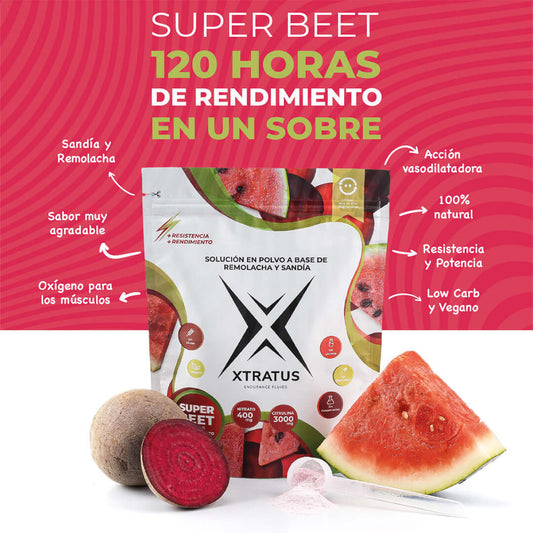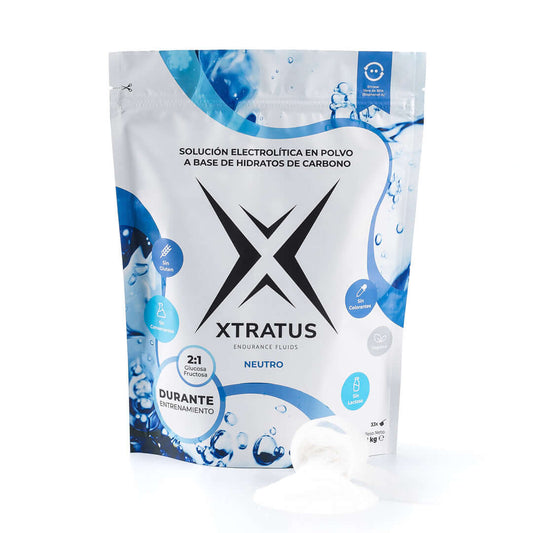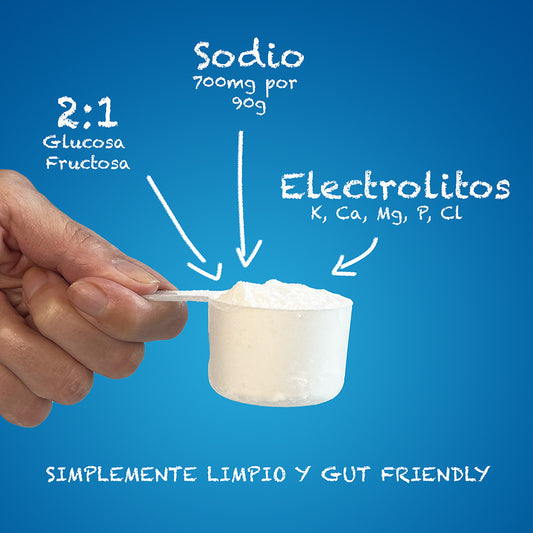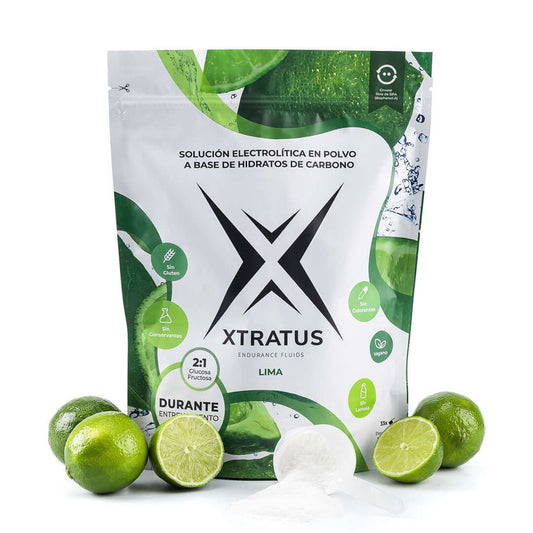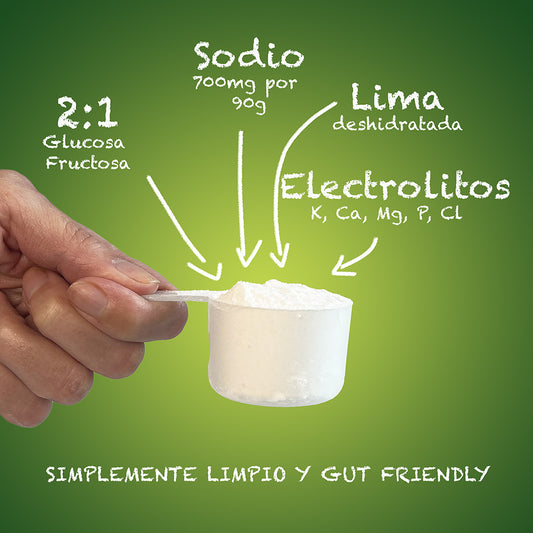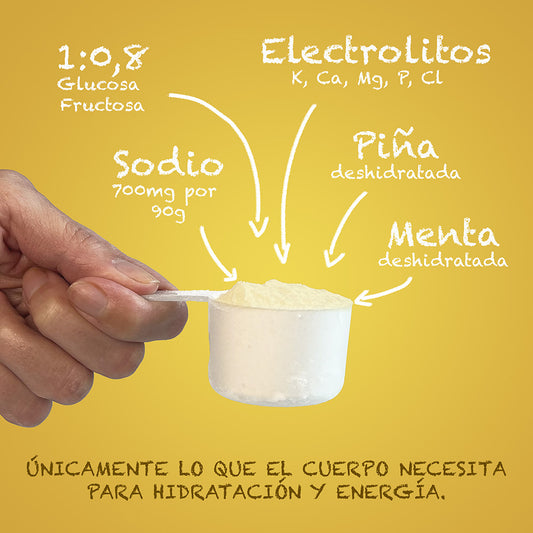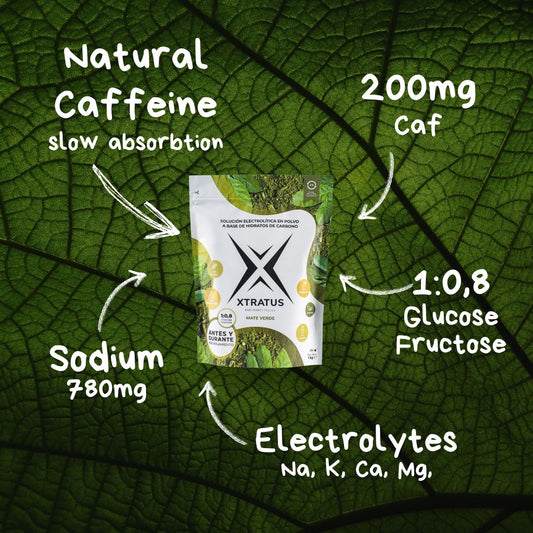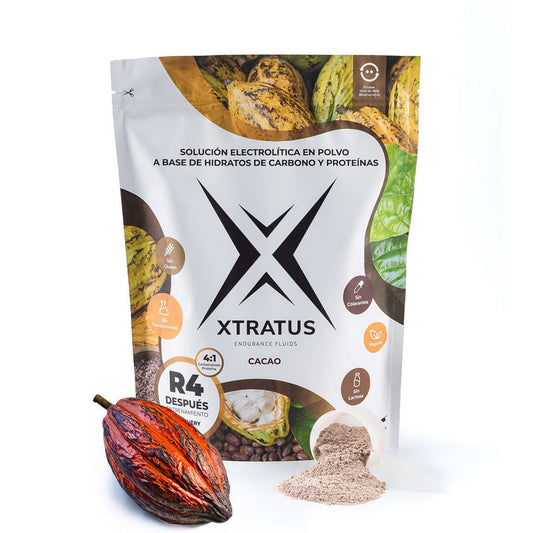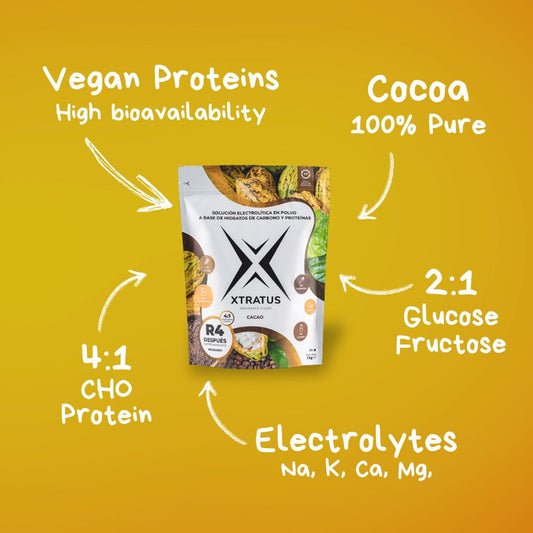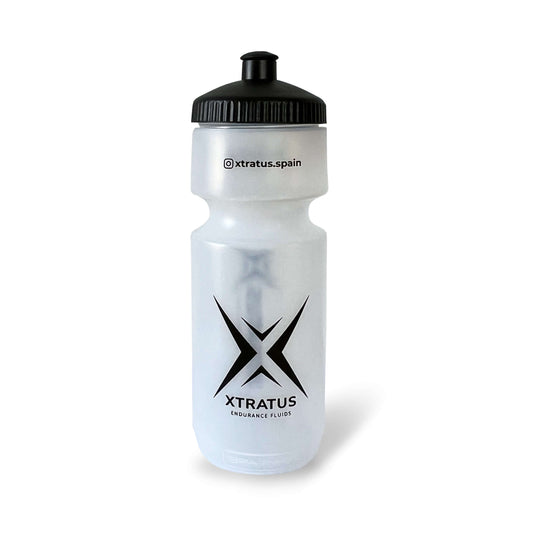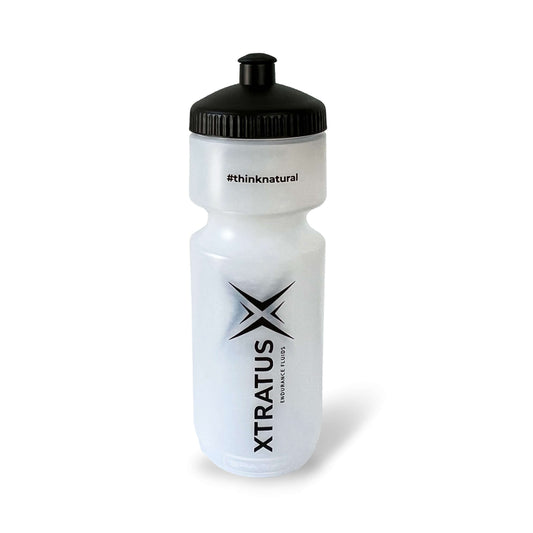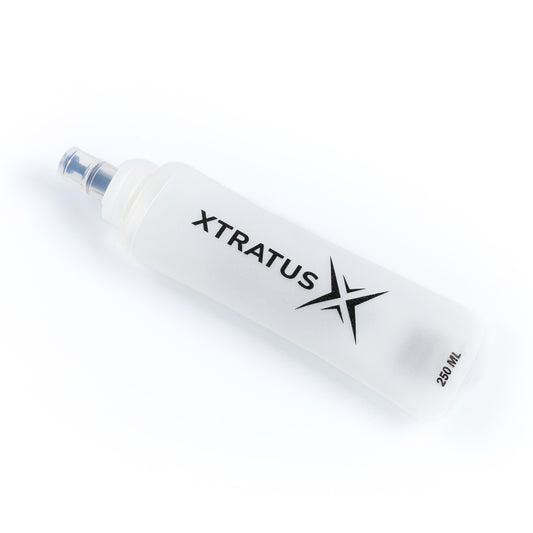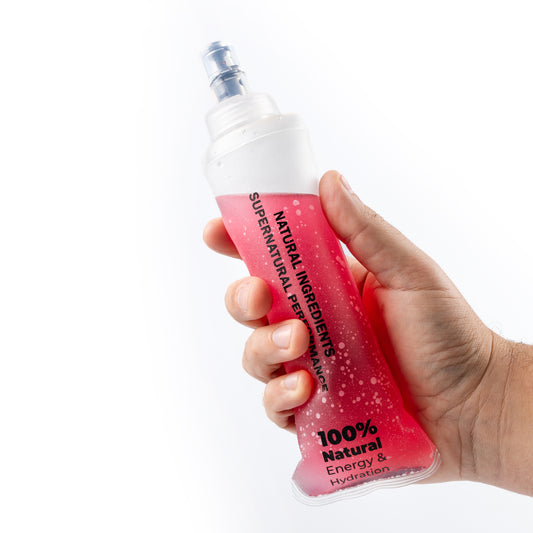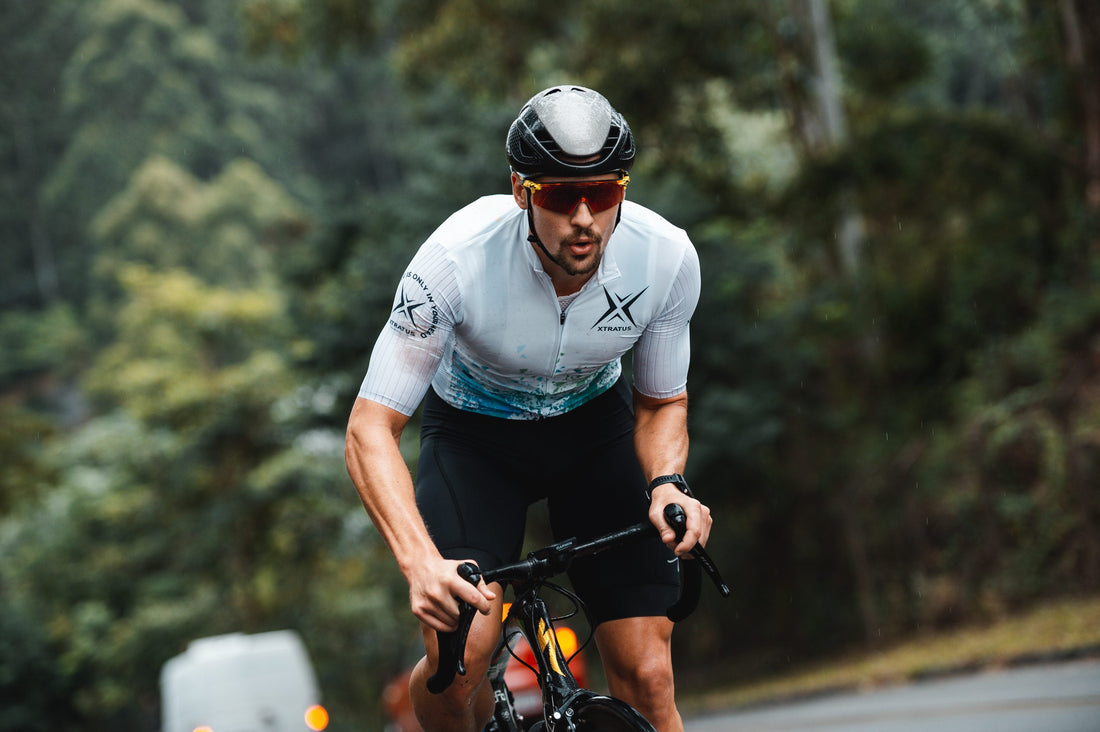
THE KEY OF THE PERFORMANCE ON WHEELS: How to choose the best supplements for cycling
Sustained energy, efficient hydration, and optimal recovery: the trifecta every cyclist must master through conscious and effective supplementation.
In cycling, every pedal stroke counts. Whether in demanding training sessions, long-distance races, or recreational rides that stretch for hours, the body needs a constant source of energy, balanced hydration, and effective recovery. This is where the cycling supplements play a fundamental role.
Far from being a simple addition, smart supplementation makes the difference between finishing a ride with power or fatigue, between improving performance or stagnating. But not all products are suitable or work equally well for all moments of physical exertion. Therefore, understanding what, how, and when to supplement is one of the most important skills any cyclist can develop.
Why are cycling supplements important?
Cycling is an endurance sport par excellence. It can last for hours and test both muscular capacity and metabolic efficiency. During prolonged exertion, the body quickly depletes its glycogen stores, loses electrolytes through sweat, and suffers micro-muscle tears that must be repaired after exertion.
The cycling supplements They allow you to strategically compensate for these losses, avoiding the dreaded "flop" (hypoglycemia), dehydration, or poor recovery. It's not about replacing food, but rather effectively complementing it before, during, and after activity.
Before the effort: load with energy without saturating
Pre-workout or pre-workout supplementation is vital to replenish energy stores, activate the circulatory system, and prepare the body for the effort. However, this moment requires light, digestive and functional products.
An excellent option for cyclists who train on an empty stomach, follow a low-carb diet or are looking to improve their aerobic performance is the Super Beet – Pre-workout supplement with nitrate and citrullineThis natural product combines beetroot, rich in nitrates, and watermelon, a source of citrulline, to improve vasodilation, increase oxygen flow to the muscles, and reduce the perception of exertion.
Thanks to its clean formula, without artificial sweeteners or additives, it is ideal to consume between 30 and 60 minutes before training, improving performance without digestive discomfort. Without a doubt, one of the cycling supplements more complete for pre-workout.
During training: sustained energy and real hydration
While pedaling, the body enters a constant dynamic of expenditure. Glycogen stores are depleted, sweating causes a loss of mineral salts, and concentration can decline if proper internal balance is not maintained.
Here, the cycling supplements most commonly used are:
-
Isotonic drinks: They combine simple and complex carbohydrates with electrolytes (sodium, potassium, magnesium, calcium) to replenish what the body loses in real time. Good digestive tolerance is essential, especially on long routes.
-
Energy gels: Practical and fast-absorbing, they're ideal for use during climbs or high-intensity sessions. They're recommended with water.
-
Mineral salts in powder or capsules: ideal on hot days or stages where sweating is excessive.
-
Natural bars or gummies: They offer extra energy without having to resort to synthetic or processed products.
The key is to avoid excessive consumption of refined sugars, artificial flavors, and other components that can alter intestinal flora. The best cycling supplements During exercise, these are those that are well digested, provide continuous energy and keep the body in balance.
After the effort: muscle recovery and rehydration
Once a workout or race is over, the body needs to repair muscle damage, replenish glycogen, and restore fluid and mineral balance.
The cycling supplements Post-workout routines usually include:
-
4:1 combinations of carbohydrates and proteins: They help with efficient muscle recovery, especially if consumed within the first 30 minutes after exercise.
-
Vegan or clean source proteins: in the form of shakes or mixed with functional drinks that include pure cocoa, plant extracts or natural antioxidants.
-
Mineral-rich drinks: to restore electrolyte balance without the need to consume artificial products.
A well-managed recovery not only helps you feel better, but prepares the body for the next workout, reducing the risk of injury and improving long-term performance.
What should cyclists consider when choosing supplements?
The market is full of options, but not all of them are designed for the real needs of cycling. When choosing cycling supplements, it is key to consider:
-
Transparency in composition: recognizable ingredients, without unnecessary additives.
-
High digestibility: especially in products taken during the activity.
-
Adaptability: that can be used depending on the type of route, duration and intensity.
-
Quality certifications: absence of prohibited substances, traceability of ingredients, exemption from allergens.
Furthermore, each cyclist should adjust the dosage and type of supplement based on their physical condition, goals, weather, and type of ride. A common mistake is copying other athletes' routines without taking individual differences into account.
Natural supplements gain ground in cycling
More and more cyclists, both amateurs and professionals, are opting for cycling supplements Made with natural ingredients: dehydrated fruits, vegetable extracts, sea salts, non-synthetic complex carbohydrates, vegetable proteins, etc.
This approach not only avoids the side effects typical of industrial products, but is also gentle on the body, promotes easier digestion, and contributes to more efficient recovery. Furthermore, they often have a lower environmental impact and greater real nutritional value.
The connection between gut health and performance is no longer a secret: a balanced microbiota improves nutrient absorption, reduces inflammation, and allows the body to perform at its best without unnecessary wear and tear.
The cycling supplements They are not a magic bullet or a shortcut, but rather a powerful tool when used consciously. Their true value lies in allowing the body to function better, without forcing it, respecting its timing and real needs.
The future of cycling—like that of many endurance sports—lies with a more conscious approach, where nutrition and natural supplements are integrated into training. Because performing better isn't always a matter of pedaling harder, but rather doing so with intelligence, balance, and respect for one's body.


